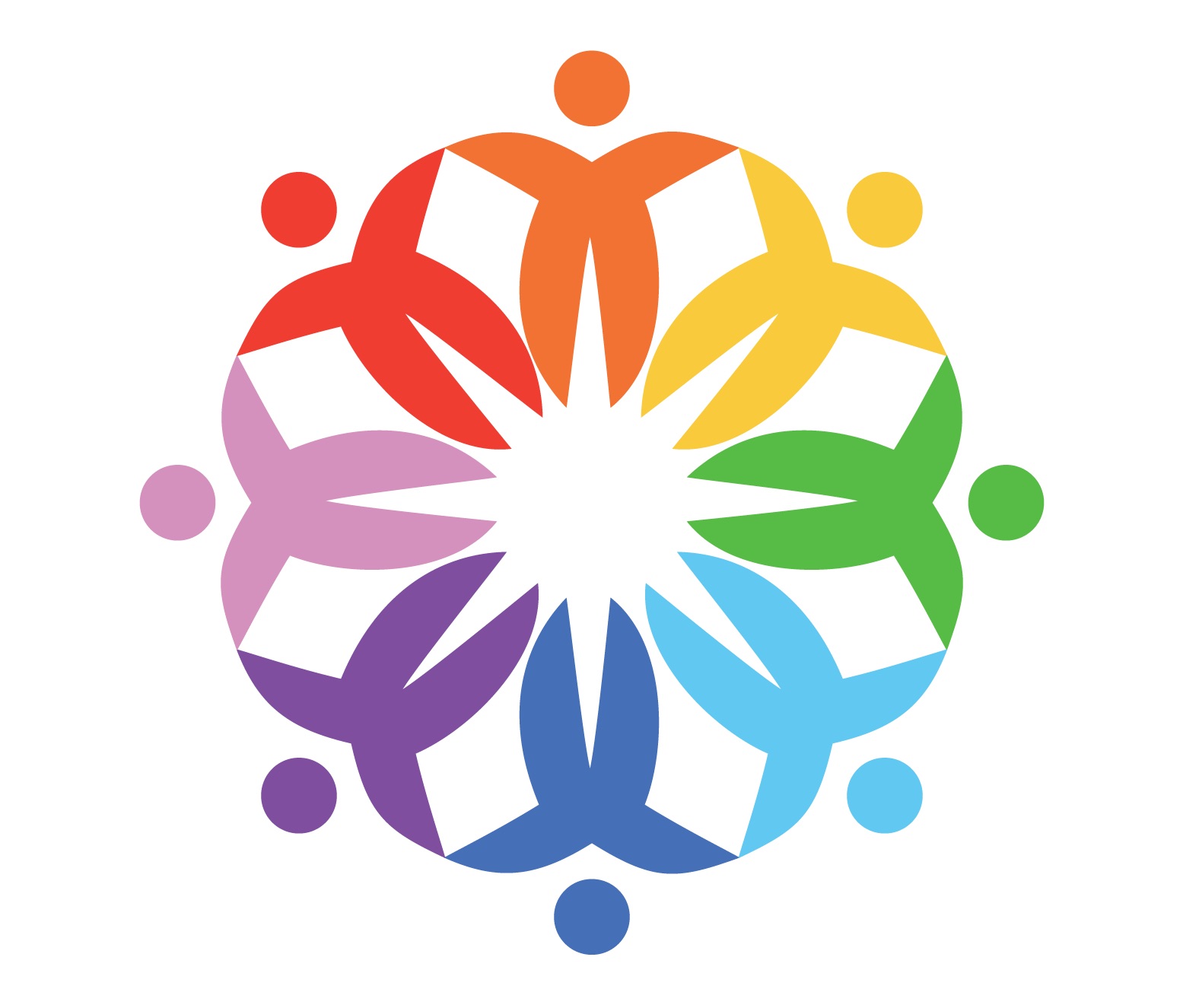Education is a natural process carried out by the child and is not acquired by listening to words but by experiences in the environment. Dr Maria Montessori

The Montessori method of learning was one of the most important educational discoveries of the 20th century. It was developed over many years by Dr Maria Montessori, an anthropologist, doctor of medicine and educational theorist.
Italian-born Dr Montessori was a true pioneer of a child-centred education; she developed a holistic approach to learning that aims to develop the whole child; physical, social, emotional and cognitive growth are equally important.
There are five key principles:
1. Children Are Shown Respect – Respect is the foundation of the Montessori Method. Teachers instil respect and kindness in children by showing it to each child and to to each other.
2. Children Have Absorbent Minds – The young mind is ready and eager to learn. Children learn from their environments, and they are always absorbing new information.
3. Sensitive Periods Are Critical For Learning – Maria Montessori believed children can more easily learn certain information during sensitive periods of heightened learning, when they are particularly receptive to learning a new skill, such as reading, writing or counting. Montessori teachers watch for these sensitive periods and take advantage of them, rather than trying to get a children reading or writing at a certain age.
4. Children Learn Best in a Prepared Environment – Children learn best in an environment equipped with resources and opportunities to actively learn and freely explore. A prepared environment gives children the independence to choose their own learning and try things for themselves.
5. Children are given Freedom – This is the single most important factor for child development in the Montessori Method. The Montessori classroom provides experiences, activities and environments that encourage children to follow their natural instincts.
The principles of Maria Montessori’s ground-breaking model are so well respected, they have been adopted by Early Years practitioners the world over, and here in the UK now form the basis of most EYFS approaches.
Frequently Asked Questions

Q. Why should I send my child to a Montessori school?
A. Most educators and psychologists today agree that the single most important period in the development of a person’s intelligence occurs between birth and age six. A child’s mind is extremely absorbent and their curiosity is at a peak during these early years. When properly nourished and stimulated, the child’s mind forms patterns for learning that will serve them well throughout their lives. The Montessori system of education has proven to be one of the most effective and fastest growing methods of guiding a child through these critical years.
Q. Who is the Montessori method designed for?
A. The Montessori method is an approach to learning and as such has no distinctions of class or intelligence. It has been used successfully in all parts of the world and in all types of settings.
Q. What is the best age to start a child in a school?
A. Maria Montessori outlined various periods of sensitivity. During these times a child is more capable of and interested in learning specific concepts. At age 3 a special sense of order, concentration, coordination and independence begin to emerge. This time is ideal to begin a child’s training in Montessori as he/she is at the perfect period to build a strong foundation for future learning.
Q. How is a Montessori preschool different from other preschools?
A. In most preschools, children are taught educational concepts in a group and are expected to all learn at the same pace. In a Montessori classroom, the children are given individual lessons with each material. The special nature of the materials allow the children to continue to practice the lesson independently until the lesson is mastered. The adult stands back and observes the children making their own discoveries with the material and records their progress. Children can advance very quickly through the different curriculum areas when they are not limited in their learning. A slower learning pace is also respected and the child is observed by the teacher and she may isolate his difficulty and re-present the lesson in different ways until the child has mastered it. Montessori emphasizes learning through all five senses, not just through listening, watching, or reading.
Q. How do children transition from Montessori into other schools?
A.Montessori children are unusually adaptable. They have learned to work independently and in groups. Since they have been encouraged to make decisions from an early age, these children are problem-solvers who can make choices and manage their time well. They have also been encouraged to exchange ideas and to discuss their work freely with others and good communication skills ease the way in new settings. Research has shown that the best predictor of future success is a sense of self-esteem. Montessori programs, based on self- directed, noncompetitive activities, help children develop good self-images and the confidence to face challenges and change with optimism.
Q. How do we implement the Montessori Method at Arborfield Village Montessori Nursery?
A. At Arborfield Village Montessori Nursery we use Montessori equipment and methods but incorporate them into the Early Years Foundation Stage curriculum, which sets standards for the learning, development and care of your child from birth to 5 years old. We have a wide range of Montessori equipment to challenge, develop and inspire children at all ages and levels. Our teachers are trained in delivering Montessori practices. Montessori works really well alongside the EYFS curriculum because both focus on the individual needs of the child, good relationships between teacher and learner, and a positive learning environment.
